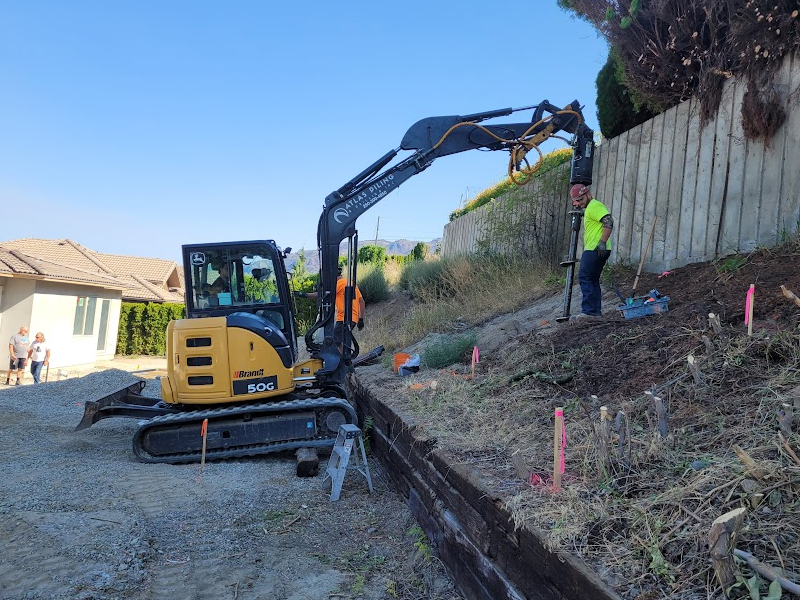
When planning a construction project, it’s important to understand the factors that affect costs, especially when using helical piles. For those considering different helical pile companies, knowing what influences their costs can help make smart decisions and manage project budgets effectively.
Site Conditions and Soil Type
One of the primary factors affecting the cost of helical piles is the condition of the site and the type of soil. Different soils provide varying levels of resistance and support for helical piles. Soft or loose soils may require deeper and more robust piles, increasing both the material and installation costs. Conversely, stable, dense soils might necessitate fewer modifications, leading to lower expenses. Before committing to a helical pile company, it’s advisable to conduct a thorough soil analysis to predict potential costs accurately.
Load Requirements
The amount of weight your project needs to support affects the type and quantity of helical piles required. For heavier loads, you might need larger or more piles to ensure everything stays stable and safe. Helical pile companies can create custom solutions tailored to your specific load needs, but these personalized options can cost more. Assessing your load requirements early in the planning phase helps estimate costs accurately and prevent unexpected expenses later on.
Installation Depth and Diameter
The depth and diameter of helical piles are crucial factors that impact their cost. Deeper installations and larger diameters usually translate to increased material usage and longer installation times. Factors such as underground obstacles, groundwater levels, and bedrock presence can necessitate adjustments to the depth and diameter, further affecting costs. Consulting with experienced helical pile companies can provide insights into the most cost-effective approaches tailored to the project’s needs.
Equipment and Labor
The type of equipment and the labor involved in the installation process also play a significant role in the overall cost. Advanced, specialized equipment may increase efficiency but come with higher rental or purchase costs. Additionally, skilled labor is essential to ensure proper installation, and labor costs can vary based on the complexity of the project and the region. It’s beneficial to work with reputable helical pile companies that offer competitive pricing without compromising on quality and expertise.
Project Scale and Timeline
The scale of the project and the timeline for completion can influence costs in various ways. Larger projects might benefit from bulk purchasing and economies of scale, potentially reducing per-unit costs of helical piles. However, expedited timelines often require additional resources, leading to increased labor and equipment expenses. Balancing the project scale with a realistic timeline can help manage costs effectively. Engaging with helical pile companies that can accommodate your schedule without unnecessary rush fees is advantageous.
Regulatory and Environmental Considerations
Regulatory requirements and environmental considerations can also impact the cost of helical piles. Compliance with local building codes and environmental regulations may necessitate specific types of piles or installation methods, influencing overall expenses. Environmental assessments and permits can add to the upfront costs but are essential for legal and sustainable construction practices. Partnering with knowledgeable helical pile companies can ensure compliance and help navigate these additional requirements efficiently.
Several factors affect the cost of helical piles, such as site conditions, load needs, installation details, equipment and labor costs, project size, and regulatory requirements. Understanding these factors helps project planners make informed decisions and manage budgets effectively. When choosing among helical pile companies, considering these factors is crucial to achieve both cost efficiency and structural reliability.
For more information about helical screw piles services and Underpinning Services Bc please visit:-ATLAS PILING


